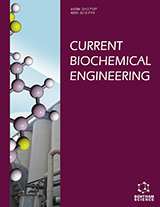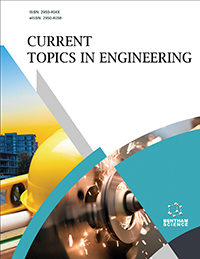Abstract
The aim of this study was to produce a Yarrowia lipolytica IMUFRJ 50682 lipase in a multiphase reactor and characterize it. The presence of a second liquid phase, composed by perfluorodecalin, increased aeration. Above 350 rpm the addition of PFC promotes a great increase in the oxygen transfer rate reflecting a great enhancement in specific growth rate, glucose consumption rate, DO level and lipase production. There is a maximum effect of PFC in mass transfer in relation to impeller speed. Above a certain limit (550 rpm) PFC increases the oxygen transfer with a smaller amplification factor and, therefore, the amplification factor for lipase production is also minor. The best impeller speed for the beneficial effect of PFC is 550 rpm and the enzyme produced in this condition is active in a pH range of 7-9, with maximum lipase activity at pH 7 and an optimum temperature of 37ºC. The enzyme became completely inactive after 15 minutes at 60ºC but was quite stable at 25ºC and 37ºC and was very stable at -10ºC. Ethanol (9%, v/v), CaCl2 (1 mM) and PMSF (1 mM) did not affect enzyme activity while it was inhibited in the presence of MnCl2 (1 mM), EDTA (1 mM), NaCl (1 mM), NaCl (100 mM), glycerol (9%, v/v) and hexane (9%, v/v).
Keywords: Enzyme characterization, lipase, multiphase reactor, perfluorodecalin, p-nitrophenyl laurate, Yarrowia lipolytica.
 60
60
















